Chinese President Xi Jinping met with U.S. Secretary of State Antony Blinken at the Great Hall of the People in Beijing on Friday afternoon.
President Xi noted that this year marks the 45th anniversary of diplomatic relations between China and the United States. Over the past 45 years, the relationship has gone through wind and rain, and the two sides can draw a few important lessons: China and the United States should be partners rather than rivals; help each other succeed rather than hurt each other; seek common ground and reserve differences rather than engage in vicious competition; and honor words with actions rather than say one thing but do another. He proposed mutual respect, peaceful coexistence and win-win cooperation as the three overarching principles for the relationship. They are both lessons learned from the past and a guide for the future.
President Xi emphasized that in his phone call with U.S. President Biden three weeks ago, he shared his thoughts on how to stabilize and develop China-U.S. relations in 2024, and underlined that the two sides should value peace, prioritize stability, and uphold credibility. “The finer details will fall into place when they are aligned with the bigger picture,” he once stressed. The world today is undergoing transformation not seen in a century. How to respond to it is a question of the times and the world. President Xi’s answer is to build a community with a shared future for mankind, which has become a flag of China’s foreign policy and has been welcomed by many countries. Planet Earth is only this big, and humanity is faced with so many common challenges. As an old Chinese saying goes, “Passengers in the same boat should help each other.” Today, as he sees it, dwellers of the same planet should help each other. We live in an interdependent world and rise and fall together. With their interests deeply intertwined, all countries need to build maximum consensus for win-win and all-win outcomes. This is the basic starting point for China to view the world and the China-U.S. relationship. President Xi underlined his view that major countries should behave in a manner befitting their status and act with broad-mindedness and a sense of responsibility. China and the United States should set an example in this regard, undertake responsibilities for world peace, create opportunities for the development of all countries, provide the world with public goods, and play a positive role in promoting global unity.
President Xi underscored that in his meeting with President Biden in San Francisco, he proposed five pillars for China-U.S. relations, namely, jointly developing a right perception, jointly managing disagreements effectively, jointly advancing mutually beneficial cooperation, jointly shouldering responsibilities as major countries, and jointly promoting people-to-people exchanges. They should serve as the underpinning for the mansion of China-U.S relations. When the overarching principles are established, specific issues will become easier to address. China is willing to cooperate, but cooperation should be a two-way street. China is not afraid of competition, but competition should be about progress together instead of playing a zero-sum game. China is committed to non-alliance, and the U.S. should not create small blocs. While each side can have its friends and partners, it should not target, oppose or harm the other. China welcomes a confident, open, prosperous and thriving United States, and hopes the United States will also look at China’s development in a positive light.
President Xi stressed that as a Chinese saying goes, “No progress means regress.” It also applies to China-U.S. relations. The stabilizing trend in China-U.S. relations did not come by easily. It is hoped that the two teams will continue working actively to follow through on the San Francisco vision he and President Biden reached, so as to truly stabilize, improve and move forward the bilateral relations.
Blinken conveyed Biden's greetings to President Xi. He noted that since President Biden and President Xi met in San Francisco, the U.S. and China have made good progress in their cooperation in such areas as bilateral interactions, counter-narcotics, artificial intelligence and people-to-people exchanges. The multiplicity and complexity of the challenges the world faces require the U.S. and China working together. The Americans from all walks of life that he met during the visit all expressed the hope to see U.S.-China relations improve. The U.S. does not seek a new Cold War, does not seek to change China’s system, does not seek to suppress China’s development, does not seek to revitalize its alliances against China, and has no intention to have a conflict with China. The U.S. adheres to the one-China policy. It hopes to maintain communication with the Chinese side, follow through on what the two presidents agreed in San Francisco, seek more cooperation, avoid misunderstandings and miscalculations, responsibly manage differences, and achieve stable development of U.S.-China relations.
Xi asked Blinken to convey his regards to Biden.
Wang Yi participated in the meeting.









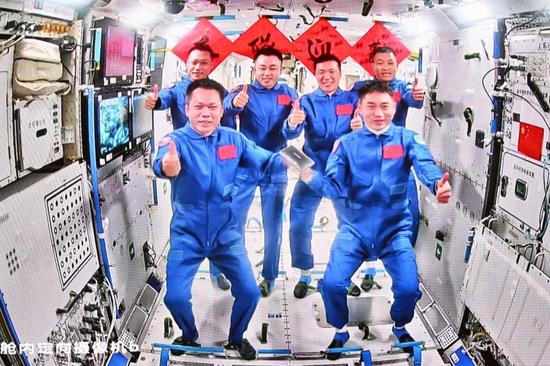


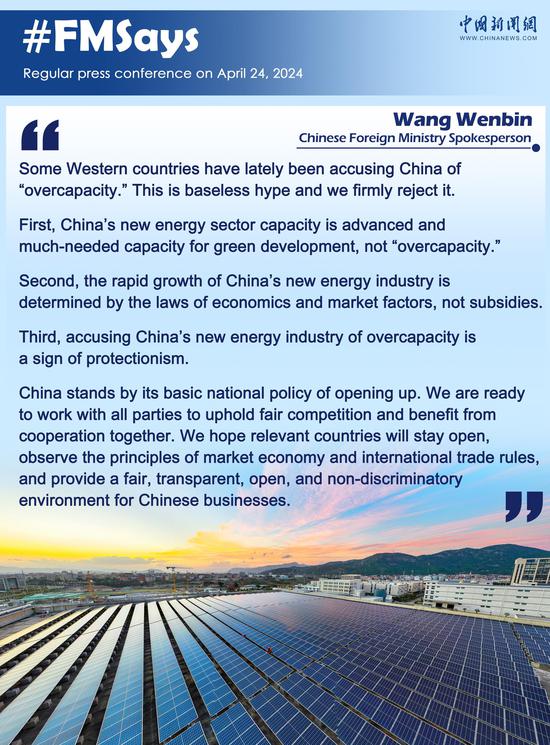
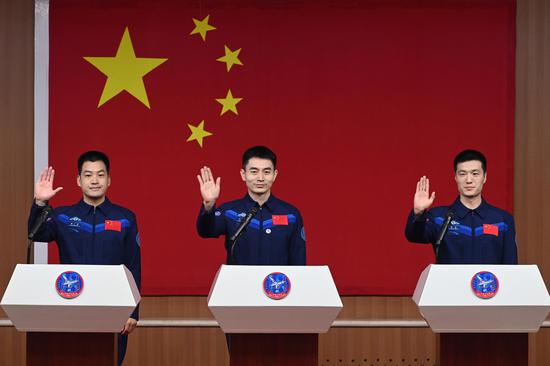
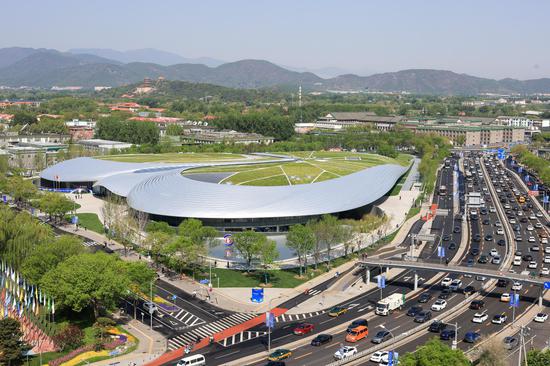

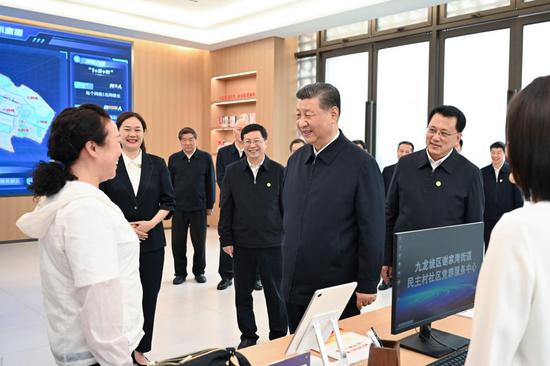
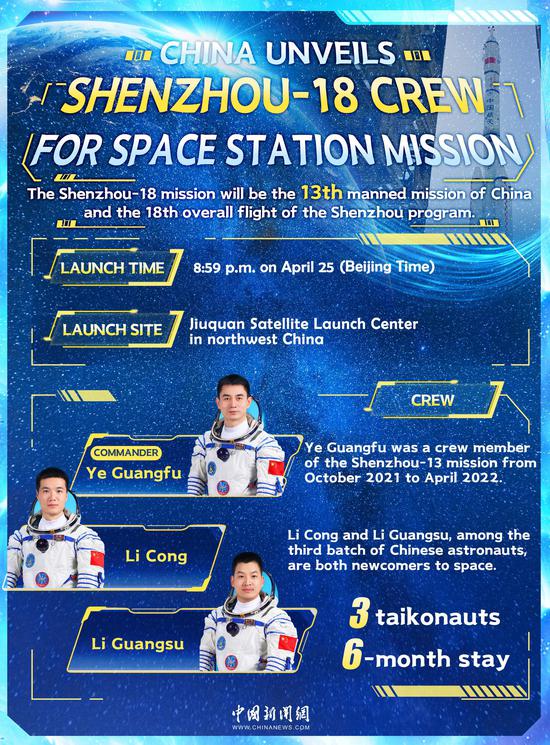
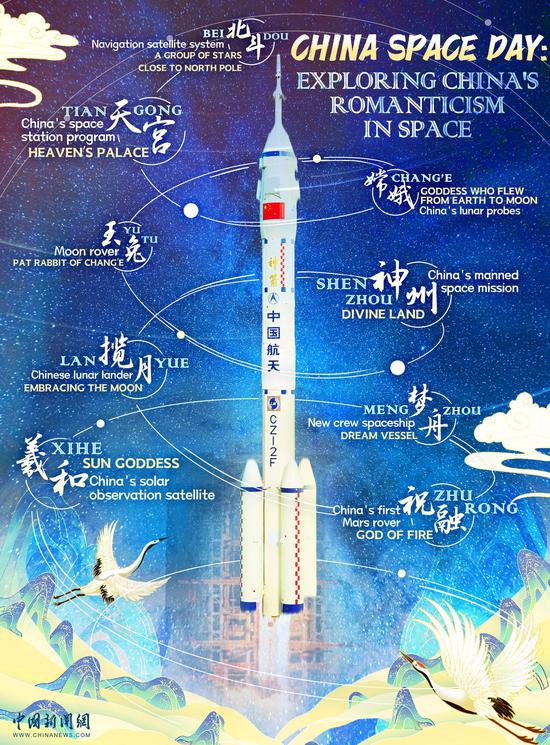
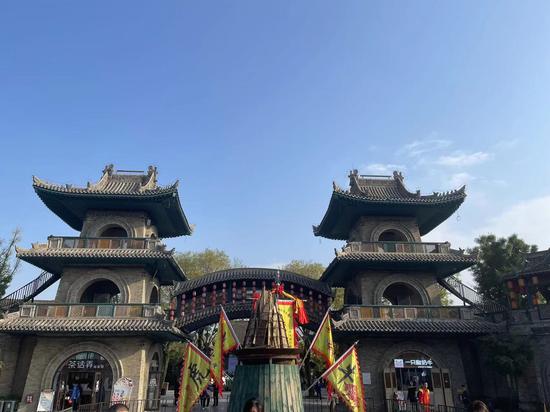









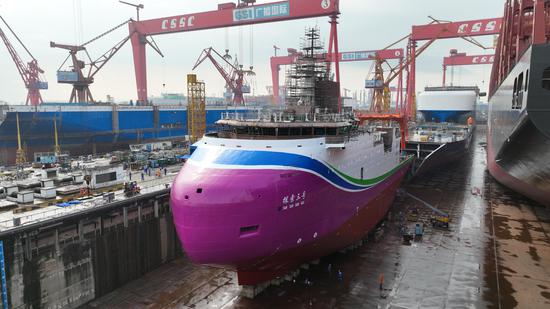


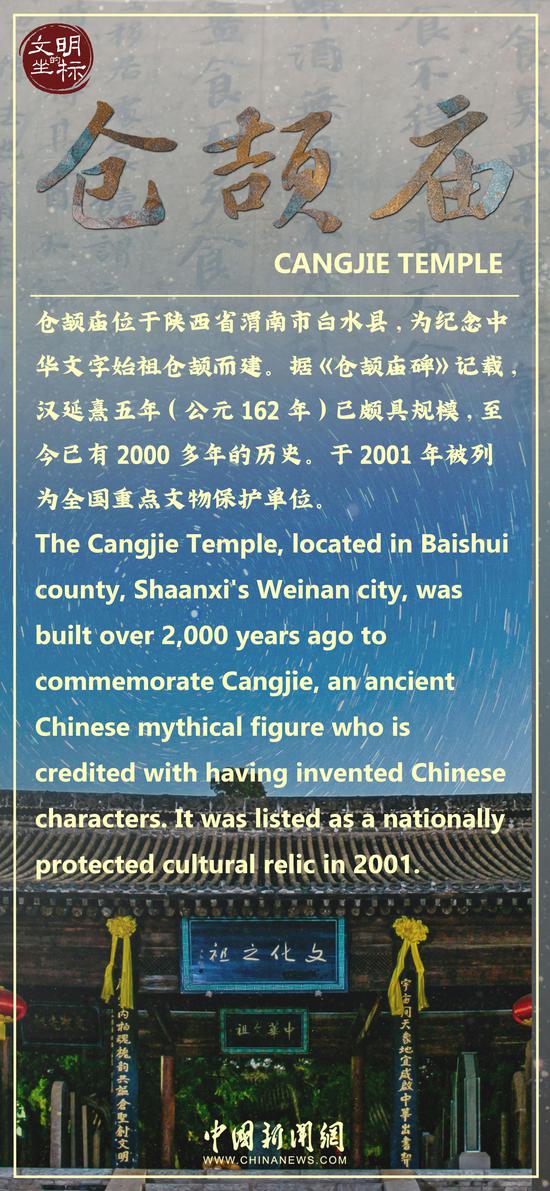

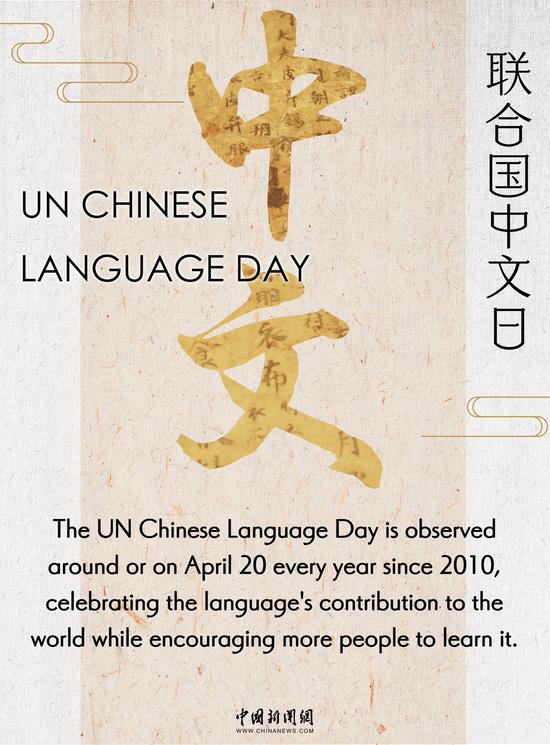
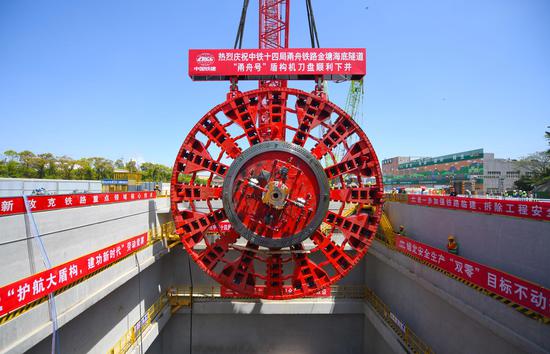

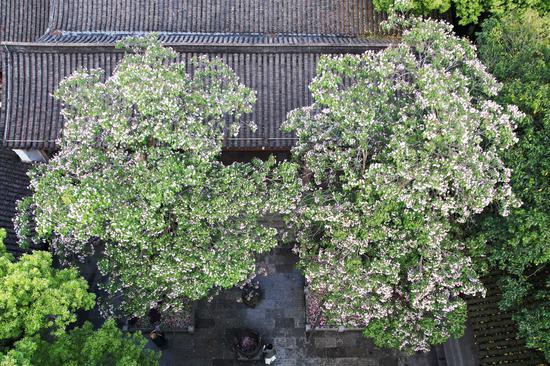
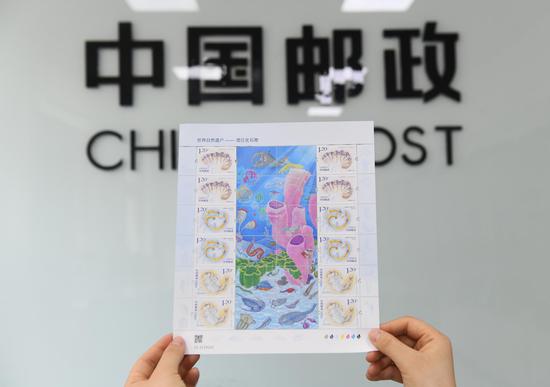
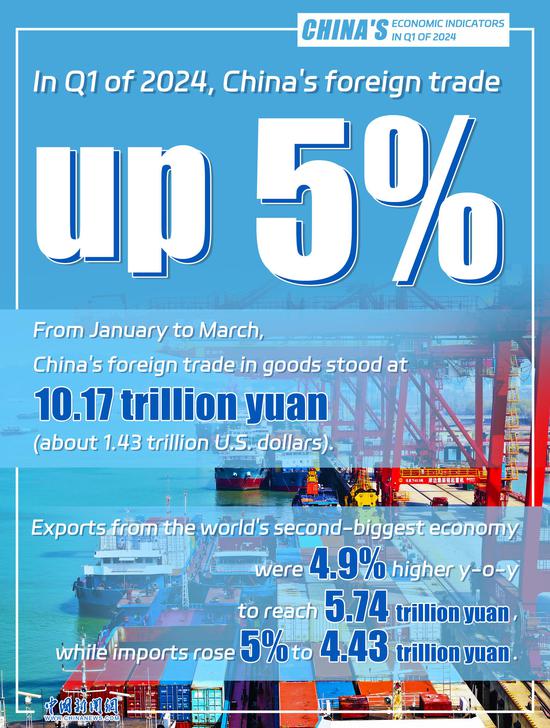




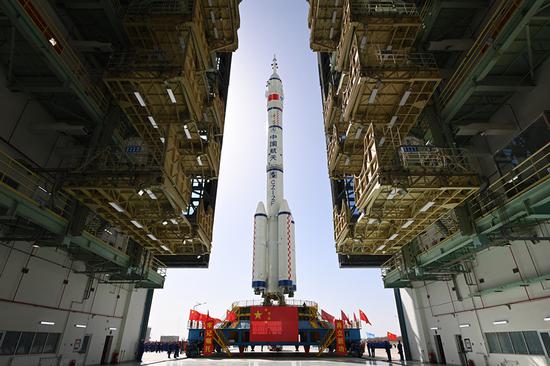

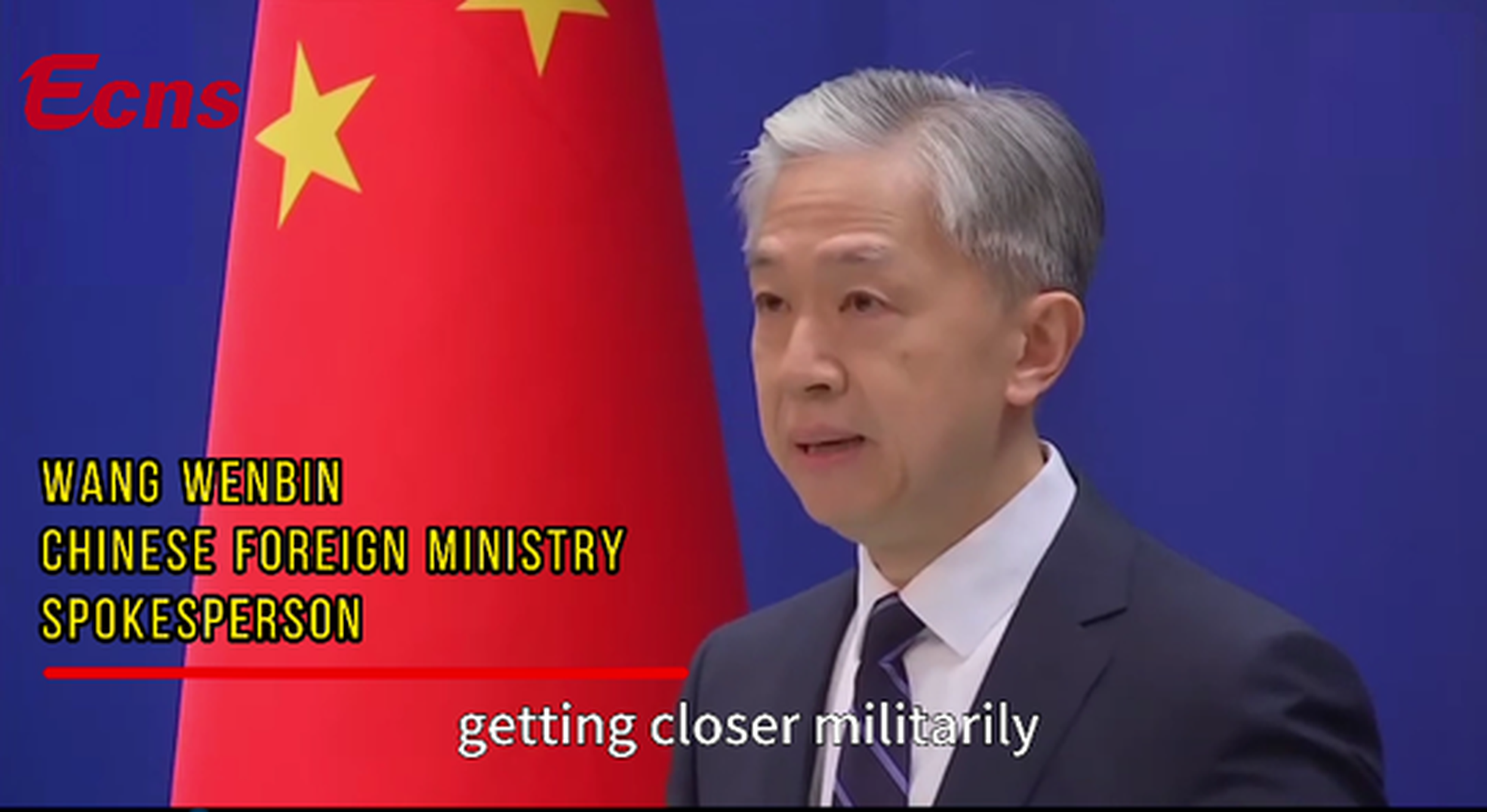



 京公网安备 11010202009201号
京公网安备 11010202009201号